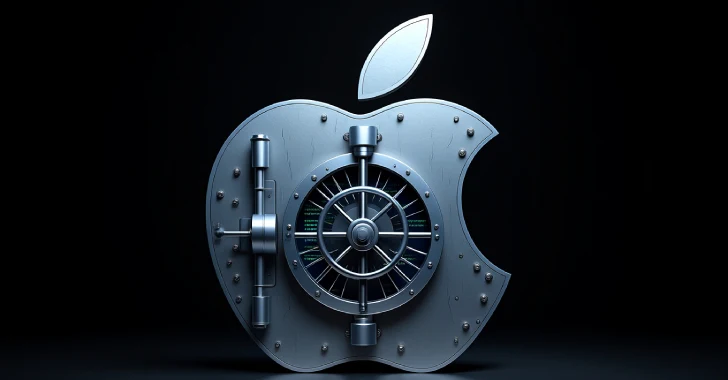The United Kingdom has officially withdrawn its request for a special “backdoor” into Apple’s cloud infrastructure, following high-level discussions with the Trump administration. The announcement came from U.S. Director of National Intelligence, Tulsi Gabbard, who revealed that the agreement ensures Apple will not be forced to compromise the encryption that safeguards the data of American citizens.
Gabbard emphasized in a post on X that such a mandate would have undermined civil liberties by weakening end-to-end encryption protections. She added that both President Donald Trump and Vice President JD Vance participated in securing this outcome.
A Major Shift in a Controversial Debate
This move marks an unexpected turn in a long-standing dispute between Apple and the British government. For months, UK officials had been quietly pressuring Apple to grant authorities privileged access to encrypted iCloud data, especially targeting users of Advanced Data Protection (ADP).
ADP is an optional security feature that enables full end-to-end encryption for iCloud, ensuring that only the account holder can access their files—even Apple cannot view the content. Critics argued that the UK’s demand would not only threaten the privacy of British citizens but also set a dangerous global precedent, inviting other governments to seek similar backdoor access into private technologies.
Legal and Global Implications
The demand originated under the Investigatory Powers Act 2016, also known as the Snoopers’ Charter. The law allows UK authorities to compel tech companies to provide access to encrypted communications. When news of the mandate surfaced earlier this year, it triggered strong backlash from cybersecurity professionals and privacy advocates worldwide, who warned that weakening Apple’s encryption would jeopardize digital security across borders.
Initially, Apple responded by suspending ADP availability in the UK, preventing new users from enabling the feature. The company also advised existing users that they might eventually have to disable it. Meanwhile, Apple reportedly challenged the mandate in court, with the case—originally sealed—later being ordered to proceed in public view.
Industry and Policy Reactions
Neither Apple nor the UK’s Home Office has commented on the resolution. However, the development highlights the ongoing tension between governments seeking expanded surveillance powers and technology companies defending strong encryption as a pillar of user trust and cybersecurity.
Apple has consistently maintained its stance, stating to TechCrunch that it has “never created a backdoor or master key” for any of its devices or services, and that it “never will.”
Why It Matters for Cybersecurity
This decision reinforces the global debate on encryption, national security, and civil liberties. For organizations relying on cloud services, the assurance that Apple’s infrastructure remains uncompromised is significant. It reflects a broader trend: as governments push for surveillance capabilities, technology providers are under growing pressure to balance compliance with privacy and security commitments.
Source: https://techcrunch.com/2025/08/19/us-spy-chief-says-uk-has-dropped-its-apple-backdoor-demand

 Español
Español













